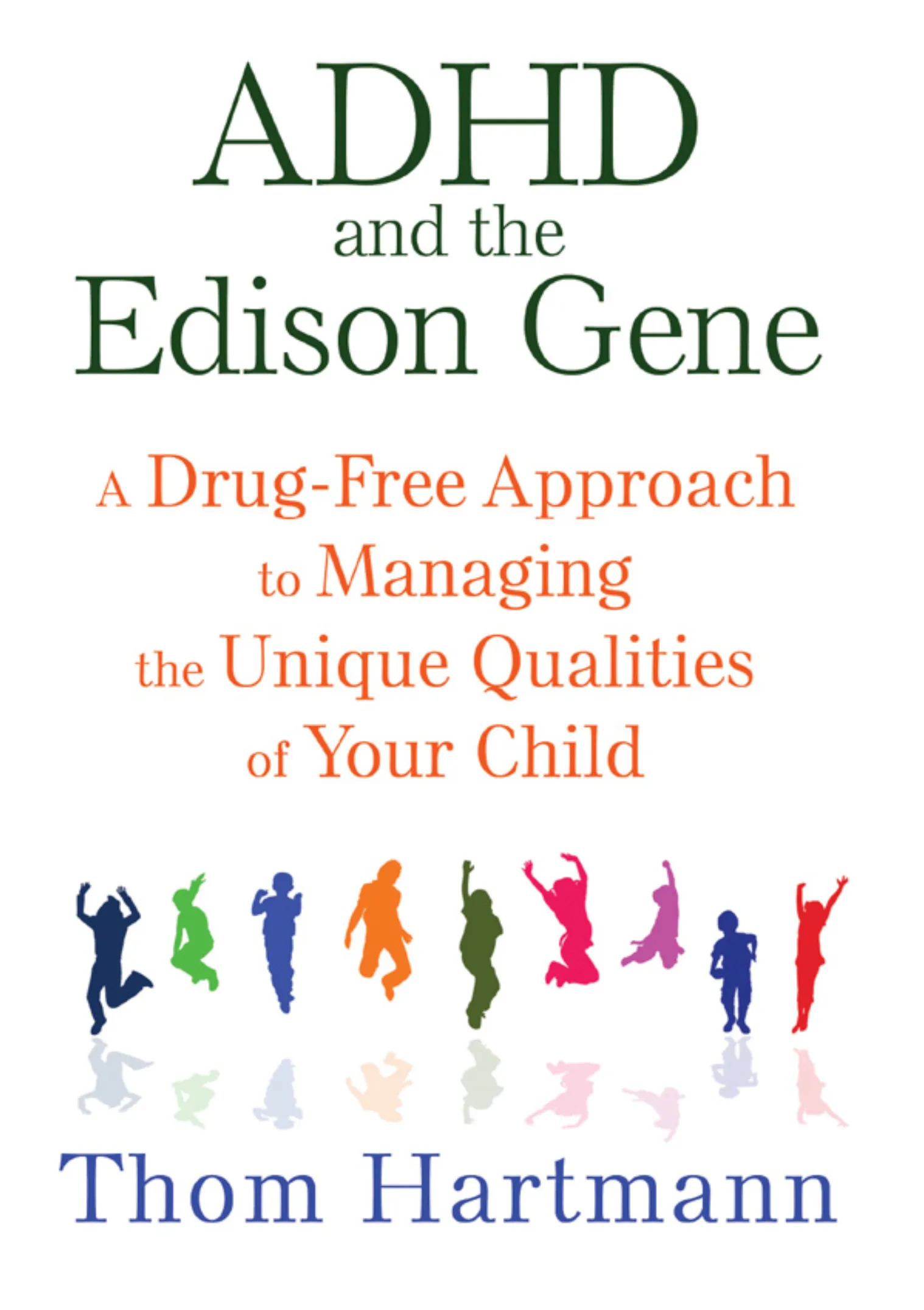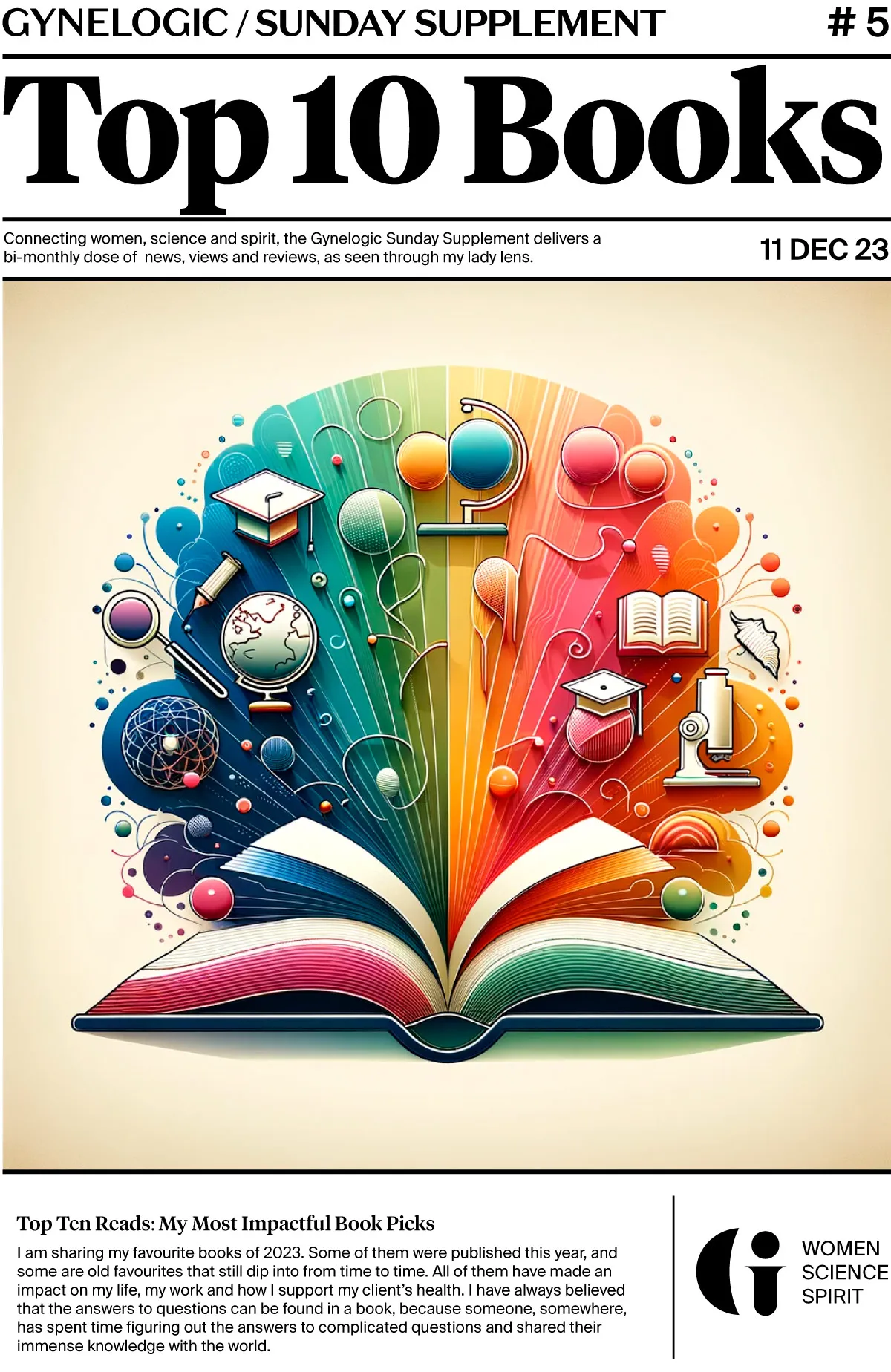The Edison Gene: ADHD and the Gift of the Hunter Child by Thom Hartmann delves deep into the idea that ADHD traits are not just challenges, but can also be viewed as gifts or advantages in certain contexts. He refers to the condition as the “Edison gene,” suggesting that the same traits that may cause challenges in modern, structured environments can also lead to exceptional creativity and innovation, as exemplified by Thomas Edison and other historical figures who exhibited ADHD-like traits.
Hartmann’s book is significant for several reasons:
- Evolutionary Perspective: Hartmann explores the theory that ADHD traits may have been evolutionary advantages. He suggests that characteristics like rapid response to stimuli, high energy levels, and the ability to think divergently were beneficial for survival in hunter-gatherer societies. This perspective offers a stark contrast to the pathologizing of ADHD in much of modern medicine.
- ADHD in Contemporary Society: The book examines the difficulties faced by individuals with ADHD in modern society, where their traits are often not aligned with the expectations of structured educational systems and traditional workplaces. Hartmann argues that these environments often fail to accommodate or leverage the unique skill sets of people with ADHD.
- Historical and Cultural Figures: By referencing historical figures such as Thomas Edison, Hartmann illustrates how people with ADHD-like traits have made significant contributions to society. He suggests that their success was partly due to their ability to think outside the box and their relentless drive, qualities often found in individuals with ADHD.
- Parenting and Education Strategies: Hartmann offers advice for parents and educators on how to nurture and support children with ADHD. He emphasizes the importance of understanding each child’s unique needs and talents, and adapting educational approaches to help them thrive. This includes fostering creative and practical learning environments that engage and stimulate these children.
- Empowerment and Positive Reframing: One of the most significant aspects of the book is its positive reframing of ADHD. Hartmann encourages readers to view ADHD not as a deficit or disorder but as a different kind of neurological wiring that brings its own set of strengths. This positive approach can be empowering for individuals with ADHD and their families.
- Critique of Medication-First Approaches: While not entirely against the use of medication, Hartmann critiques the over-reliance on pharmaceutical interventions for managing ADHD. He advocates for a more holistic approach that includes behavioral strategies, lifestyle changes, and educational interventions.
The Edison Gene contributes to the broader conversation about ADHD by offering an alternative viewpoint that challenges conventional narratives. Hartmann’s work has been influential in sparking discussions about neurodiversity and the value of different types of thinking in society.
As more and more of my clients are being diagnosed, or self-diagnosing with ADHD, I’ve had to take a deep dive into the best ways of supporting them . Although this book is geared towards parents of children with ADHD, it really shined a light on ADHD in framing it as an evolutionary adaptation that doesn’t fit well in our modern times, rather than ‘disease’, reminding of this parallel with PCOS.


























